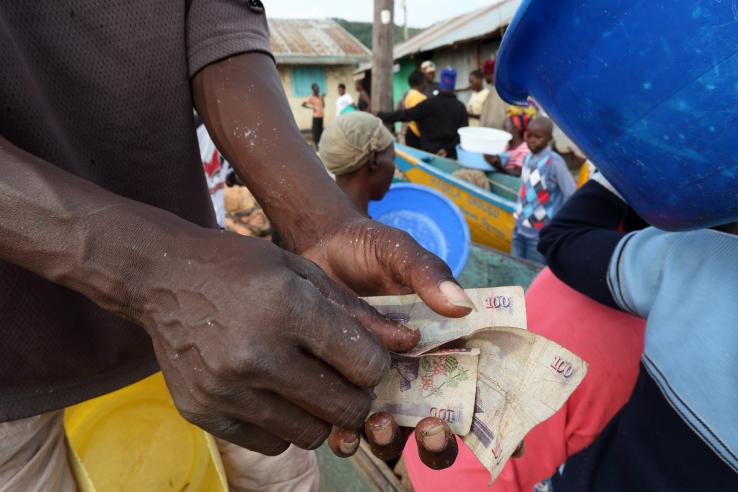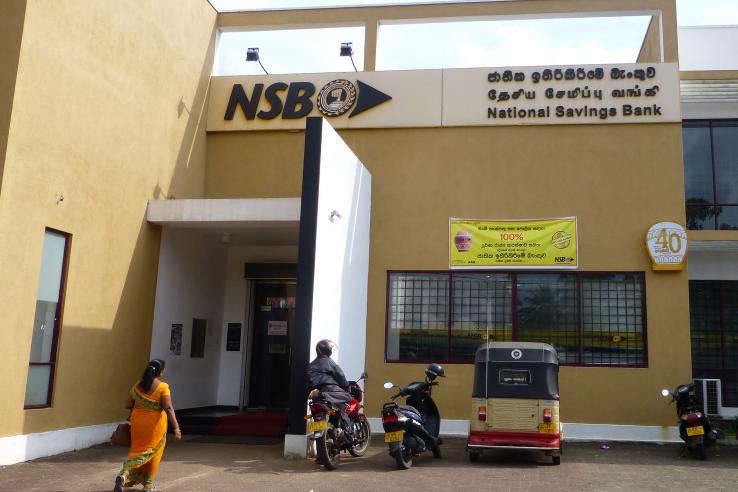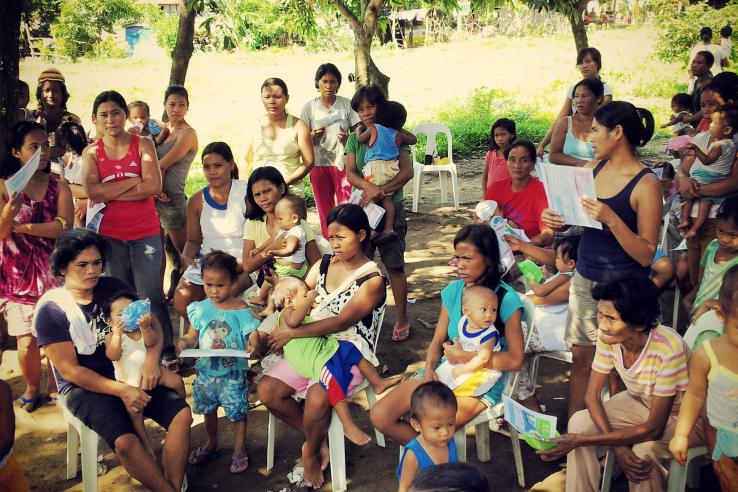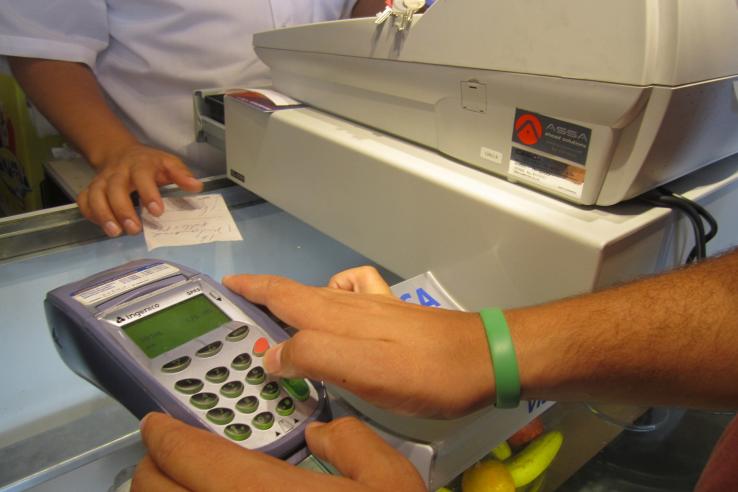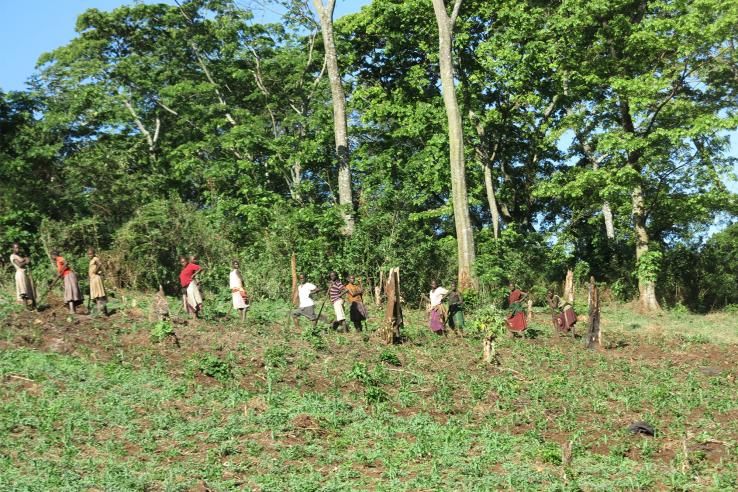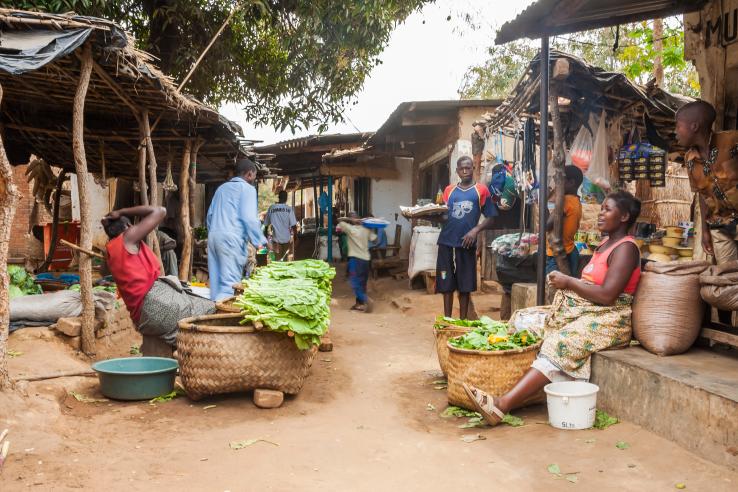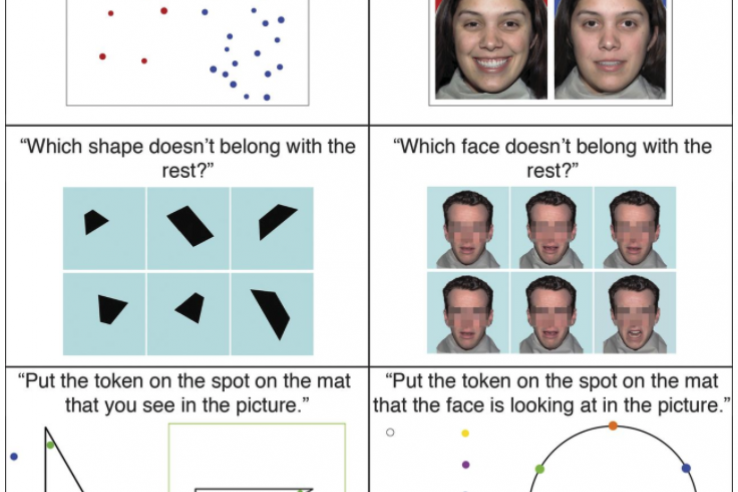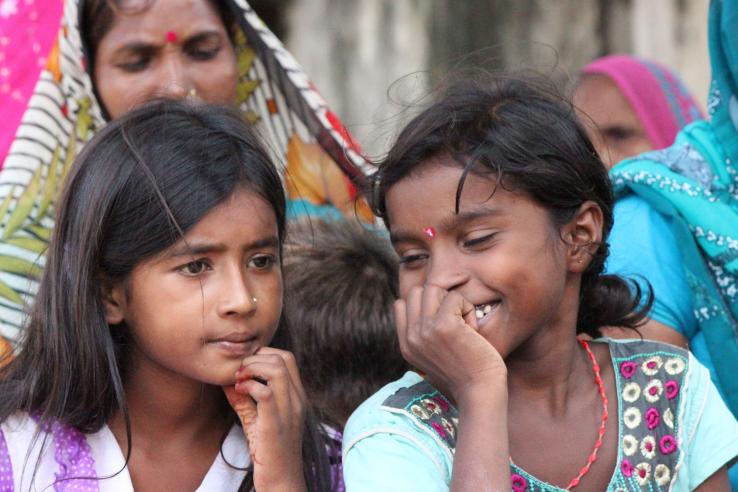Displaying 3226 - 3240 of 8334
Evaluation
A randomized evaluation in rural Kenya found that offering higher short-term interest rates on a savings account substantially increased bank account use two and a half years for after the promotional rate ended. Offering the interest rate promotion on individual bank accounts also increased household income via growth in entrepreneurship, while offering the promotion on joint bank accounts increased investment in household goods and led to greater spousal agreement on financial matters.
Evaluation
Researchers conducted a randomized evaluation to test the impact of a deposit collection service on the amount of savings and the source of those savings. In a follow-up evaluation, researchers introduced design tweaks to test the impact of reducing collection costs on individuals’ savings behavior. Both versions of the intervention led to increased savings.
Evaluation
Vote-buying and vote-selling can obstruct the democratic process, yet they remain pervasive in many developing democracies. Researchers asked voters in the Philippines to make a simple, unenforceable promise not to accept money from politicians or to promise to vote according to their conscience, even if they do accept money, to test the impact of promises on voters’ behavior. Researchers found that a majority of respondents made promises not to sell their votes. These promises significantly reduced vote-selling, cutting the number of people who sold their votes by 11 percentage points in the smallest-stakes election, but was not effective in the mayoral election with higher pay-outs.
Evaluation
Researchers tested the effect of seven different information disclosure messages on credit card clients of a large Mexican bank and found that non-standard information disclosures reduced debt levels and lowered delinquency more effectively than legally mandated disclosures.
Evaluation
Researchers evaluated whether a conditional cash transfer targeted to youth aged 18 to 23 could encourage participation in a job placement program and ultimately help them secure longer-term, higher-paying positions. The cash transfer increased participation in the job placement program but did not increase participants’ job search efforts or employment rates. In the short run, the transfers had a negative impact on employment.
Evaluation
Researchers conducted a randomized evaluation to test both the impact of BRAC’s extension program on economic outcomes and the role of social incentives in shaping the delivery of the program to farmers. While they found that overall, farmers in villages that received the program had higher agricultural profits, the number and type of farmers who were targeted depended on the political alignment between the selected and non-selected delivery agents.
Evaluation
Researchers conducted a randomized evaluation to test the impact of paying workers on a weekly basis or in one lump sum, as well as of receiving payments in contexts with greater temptation to spend, on their spending and investment decisions. Workers assigned to receive lump-sum wages were more likely to purchase a high-return investment, but receiving wages in a tempting market environment had no impact on total expenditure nor spending on temptation goods.
Person
Kelsey Jack is an Associate Professor of Environmental and Development Economics at the Bren School of Environmental Science and Management at the University of California, Santa Barbara, and a Faculty Research Fellow at the NBER. Prior to joining the Bren School, she was an Assistant Professor in...
Evaluation
Researchers partnered with five job centers to test whether health counseling targeted at youth increased insurance coverage and health care use, leading to better health and employment outcomes. Encouraging youth to meet with a social worker and with a physician increased enrollment in the public universal health insurance, but did not significantly affect youth’s understanding of their rights and of the insurance reimbursement procedures. The program almost doubled the number of youth that consulted a psychologist and increased the time spent participating in vocational training programs.
Blog
How can policy leaders best support their communities in the face of the joblessness, educational setbacks, and trauma inflicted by the COVID-19 pandemic? Rigorous evidence will play a critical role in helping us understand which policies and programs will truly work to help communities recover in...
Evaluation
By the time they reach primary school, disadvantaged children often lag behind their more advantaged peers in the skills and concepts of formal math. To address this issue, researchers examined the impact of math games, played in preschools and exercising early emerging, universal and intuitive numerical and spatial abilities, on children’s learning of school math in Delhi, India. They found that the games led to long-term increases in children’s intuitive math abilities. The games also bolstered children’s mastery of the spatial and numerical language used in the preschools, but they did not enhance children’s subsequent learning of primary school mathematics.
Evaluation
Researchers evaluated the effect of an unconditional cash transfer program targeting mostly men on intimate partner violence in a context where nearly forty percent of households are polygamous. Polygamous households receiving the transfer experienced less physical and emotional violence, while monogamous households experienced no change.
Research resource
Implementing partners and researchers should work closely together during the study design phase of a randomized evaluation to create a feasible implementation strategy. This resource is intended to provide a framework for researchers making study design decisions with their partners. The general...
Evaluation
In India, researchers evaluated the impact of interactive classroom discussions about gender roles and gender discrimination on adolescents’ gender attitudes, aspirations, and behaviors. The program impacted participants’ attitudes and made them more supportive of gender equality. These short-run effects were still present two years after the program had ended.
